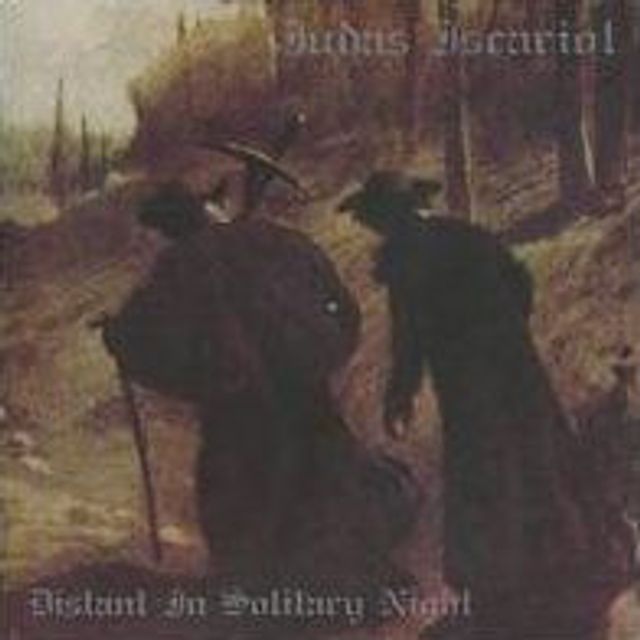Home
the Solitary Sphere Age of Virgil
Loading Inventory...
Barnes and Noble
the Solitary Sphere Age of Virgil
Current price: $120.00


Barnes and Noble
the Solitary Sphere Age of Virgil
Current price: $120.00
Loading Inventory...
Size: Hardcover
*Product Information may vary - to confirm product availability, pricing, and additional information please contact Barnes and Noble
The Solitary Sphere in the Age of Virgil
uses an enriched tripartite model of Roman culture-touching not only the public and the private, but also the solitary-in order to present a radical re-interpretation of Latin literature and of the historical causes of this third sphere's relative invisibility in scholarship. By connecting Cosmos and Imperium to the Individual, the solitary sphere was not so much a way of avoiding politics, as a political education in itself. As re-imagined by literature in this age literature, this sphere was an essential space for the formation of the new Roman citizen of the Augustan revolution, and was behind many of the notable features of the literary revolution of Virgil's age: the expansion of the possibilities of the book of poetry, the birth of the literary cursus, new coordinations of cosmology and politics within strictly organized schemes, the attraction of first-person genres, and the subjective style. Through close readings of Cicero's late works and the
oeuvres
of Virgil, Horace, and Propertius and the works of other authors in the age of Virgil,
The Solitary Sphere
thus presents a revelatory reassessment of the classicism of classical Roman literature, and contributes to the study of pre-modern culture more generally, especially for traditions that have taken antiquity as too fixed a point in their own literary, religious, and cultural histories.
uses an enriched tripartite model of Roman culture-touching not only the public and the private, but also the solitary-in order to present a radical re-interpretation of Latin literature and of the historical causes of this third sphere's relative invisibility in scholarship. By connecting Cosmos and Imperium to the Individual, the solitary sphere was not so much a way of avoiding politics, as a political education in itself. As re-imagined by literature in this age literature, this sphere was an essential space for the formation of the new Roman citizen of the Augustan revolution, and was behind many of the notable features of the literary revolution of Virgil's age: the expansion of the possibilities of the book of poetry, the birth of the literary cursus, new coordinations of cosmology and politics within strictly organized schemes, the attraction of first-person genres, and the subjective style. Through close readings of Cicero's late works and the
oeuvres
of Virgil, Horace, and Propertius and the works of other authors in the age of Virgil,
The Solitary Sphere
thus presents a revelatory reassessment of the classicism of classical Roman literature, and contributes to the study of pre-modern culture more generally, especially for traditions that have taken antiquity as too fixed a point in their own literary, religious, and cultural histories.


















